The world of cannabis is in a constant state of evolution. Just when you think you've wrapped your head around the complexities of THC and CBD, a new cannabinoid steps into the spotlight. Enter THCP, a compound that's been making waves and raising questions since its discovery. As someone who has navigated the ever-expanding landscape of cannabis for years, I've seen trends come and go. But THCP feels different. It's not just another three-letter acronym; it's a powerhouse that's redefining our understanding of cannabis potency.
In this guide, we're going to take a journey into the heart of what makes THCP and THC tick. We'll explore their similarities, their stark differences, and what this all means for you, the consumer. Whether you're a seasoned cannabis connoisseur or a curious newcomer, understanding the nuances between these two compounds is crucial for a safe and enjoyable experience. So, let's get into it.
What is THC?
For most people, Tetrahydrocannabinol, or THC, is synonymous with cannabis itself. It's the most well-known and abundant psychoactive compound found in the plant. When you think of the classic "high" associated with marijuana-the euphoria, the relaxation, the altered senses-you're thinking of the effects of THC.
THC interacts with our body's endocannabinoid system (ECS), a complex network of receptors that regulate various physiological processes. Specifically, THC binds to the CB1 receptors in the brain, which is what produces its mind-altering effects. For decades, THC has been the subject of both fascination and scientific scrutiny, with research exploring its potential therapeutic benefits for conditions like chronic pain, nausea, and appetite loss. For more in-depth information on THC, you can refer to the National Institute on Drug Abuse (NIDA).
What is THCP?
Tetrahydrocannabiphorol, or THCP, is a more recent discovery in the world of cannabinoids. It was first identified in 2019 by a team of Italian researchers who were analyzing a specific cannabis strain. What they found was a cannabinoid that looked strikingly similar to THC, but with one crucial difference in its chemical structure.
THCP has a longer alkyl side chain than THC. While THC has a five-carbon chain, THCP boasts a seven-carbon chain. This might seem like a minor detail, but it has a profound impact on how the cannabinoid interacts with our bodies. This longer side chain allows THCP to bind to the CB1 receptors with a much higher affinity-up to 33 times more effectively than THC, according to the initial research. This enhanced binding affinity is what gives THCP its reputation for being significantly more potent than its more famous cousin.
THCP vs. THC: What's the Difference?
While THCP and THC are cut from the same chemical cloth, their differences are what truly set them apart. Understanding these distinctions is key to appreciating what each compound has to offer.
Chemical Structure
As we've touched on, the most significant difference lies in their molecular structure. The length of a cannabinoid's alkyl side chain plays a crucial role in how it binds to the endocannabinoid receptors.
THC: Has a 5-carbon alkyl side chain.
THCP: Has a 7-carbon alkyl side chain.
This seemingly small variation is the primary reason for the vast difference in their potency and effects. For a visual representation of the chemical structures, you can find more information in this article from The Tree CBD.
Potency and Effects
This is where things get really interesting. Due to its stronger binding affinity, THCP is reported to be significantly more potent than THC. Some sources claim it could be up to 5-10 times more potent in its effects. This doesn't necessarily mean you'll get "10 times higher," but it does mean that a much smaller dose of THCP can produce effects comparable to a larger dose of THC.
Personal Experience: The first time I tried a THCP product, I was taken by surprise. As an experienced cannabis user, I thought I knew what to expect. I started with a very small dose, but the effects were noticeably more intense and came on faster than I was used to with traditional THC. It was a powerful reminder that not all cannabinoids are created equal.
The effects of THCP are often described as a more intense and amplified version of the THC experience. Users report strong feelings of euphoria, deep relaxation, and a heightened sensory perception. However, the increased potency also means a higher risk of experiencing the less desirable side effects of THC, such as anxiety and paranoia, especially with higher doses.
Here's a table to break down the key differences:
|
Feature |
THC (Tetrahydrocannabinol) |
THCP (Tetrahydrocannabiphorol) |
|
Chemical Structure |
5-carbon alkyl side chain |
7-carbon alkyl side chain |
|
Potency |
Standard psychoactive potency |
Significantly more potent than THC |
|
Binding Affinity |
Standard affinity for CB1 receptors |
Up to 33x stronger affinity for CB1 receptors |
|
Effects |
Euphoria, relaxation, altered perception |
More intense euphoria, deep relaxation, longer-lasting effects |
|
Duration of Effects |
Typically a few hours |
Can last much longer than THC |
|
Discovery |
Known for decades |
Discovered in 2019 |
The Potential Benefits and Risks of THCP
With its high potency, THCP presents both exciting therapeutic possibilities and potential risks. Research on THCP is still in its infancy, but here's what we know so far.
Potential Benefits
Because THCP interacts with the endocannabinoid system in a similar way to THC, it's theorized that it could offer similar therapeutic benefits, but at a much lower dose. Some potential benefits include:
Pain Relief: Cannabinoids are well-known for their analgesic properties. The high potency of THCP could make it a powerful tool for managing chronic pain.
Anti-Nausea: Like THC, THCP may help alleviate nausea and vomiting, which could be particularly beneficial for patients undergoing chemotherapy.
Appetite Stimulation: THCP could be an effective appetite stimulant, offering hope for individuals dealing with appetite loss due to medical conditions.
Sleep Aid: The sedative effects of THCP may help those struggling with insomnia or other sleep disorders.
It's important to remember that these are potential benefits, and more research is needed to confirm them. For more on the potential effects of THCP, Lord of CBD offers some insightful information.
Risks and Side Effects
The high potency of THCP also comes with a higher risk of adverse effects, especially for inexperienced users. These can include:
Anxiety and paranoia
Increased heart rate
Dry mouth
Dizziness
Impaired coordination
Given its strength, it's crucial to approach THCP with caution. The motto "start low and go slow" is especially important here.
Is THCP Legal?
The legality of THCP is a complex issue and exists in a legal gray area in many places. In the United States, the 2018 Farm Bill legalized hemp and hemp-derived products, as long as they contain less than 0.3% Delta-9 THC. Since THCP can be derived from hemp, it is often sold in states where THC is illegal.
However, the legal landscape is constantly changing, and some states have started to regulate or ban synthetically-derived cannabinoids. It's essential to check your local laws before purchasing or consuming THCP products.
Conclusion: The Future of Cannabinoids
THCP is a fascinating and powerful cannabinoid that has the potential to change the way we think about cannabis. Its high potency offers both promise and peril, making education and responsible use more important than ever. While THC remains the tried-and-true classic, THCP represents the cutting edge of cannabinoid science.
As researchers continue to unlock the secrets of the cannabis plant, we can expect to see more compounds like THCP emerge. For now, if you choose to explore the world of THCP, do so with caution and respect for its power. Start with a low dose, be aware of your local laws, and always purchase from reputable sources that provide third-party lab testing.
The journey into the world of cannabinoids is a personal one. By arming yourself with knowledge, you can make informed decisions that lead to safe and positive experiences.
Ready to learn more? Continue your research, talk to a healthcare professional, and join the conversation about the future of cannabis. The world of cannabinoids is vast and full of possibilities-what will you discover next?



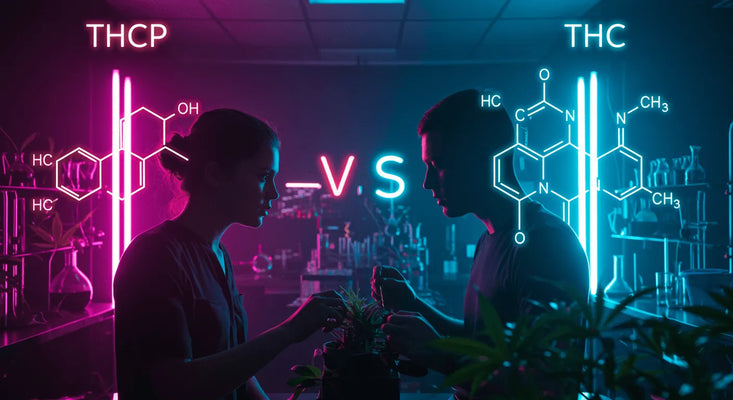

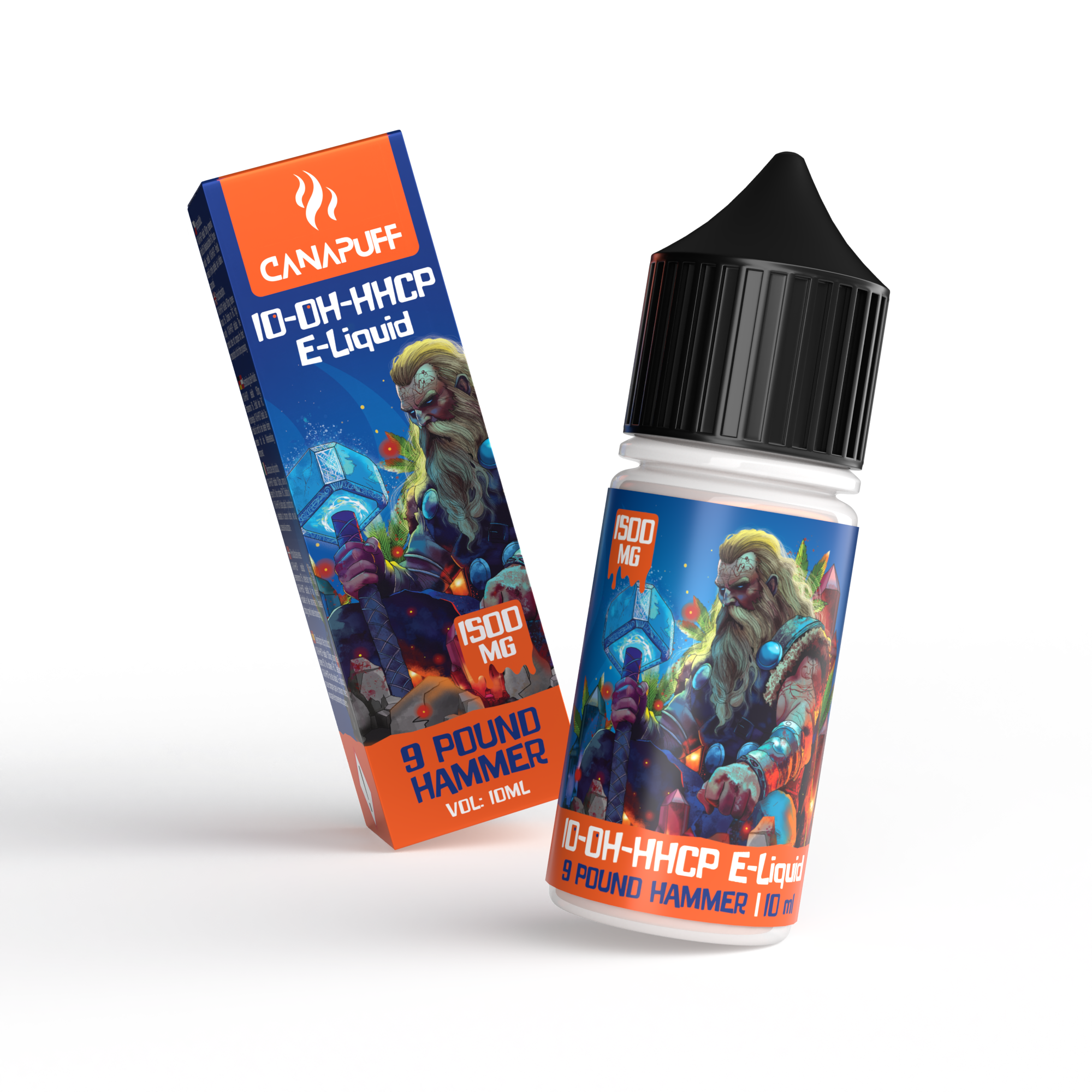
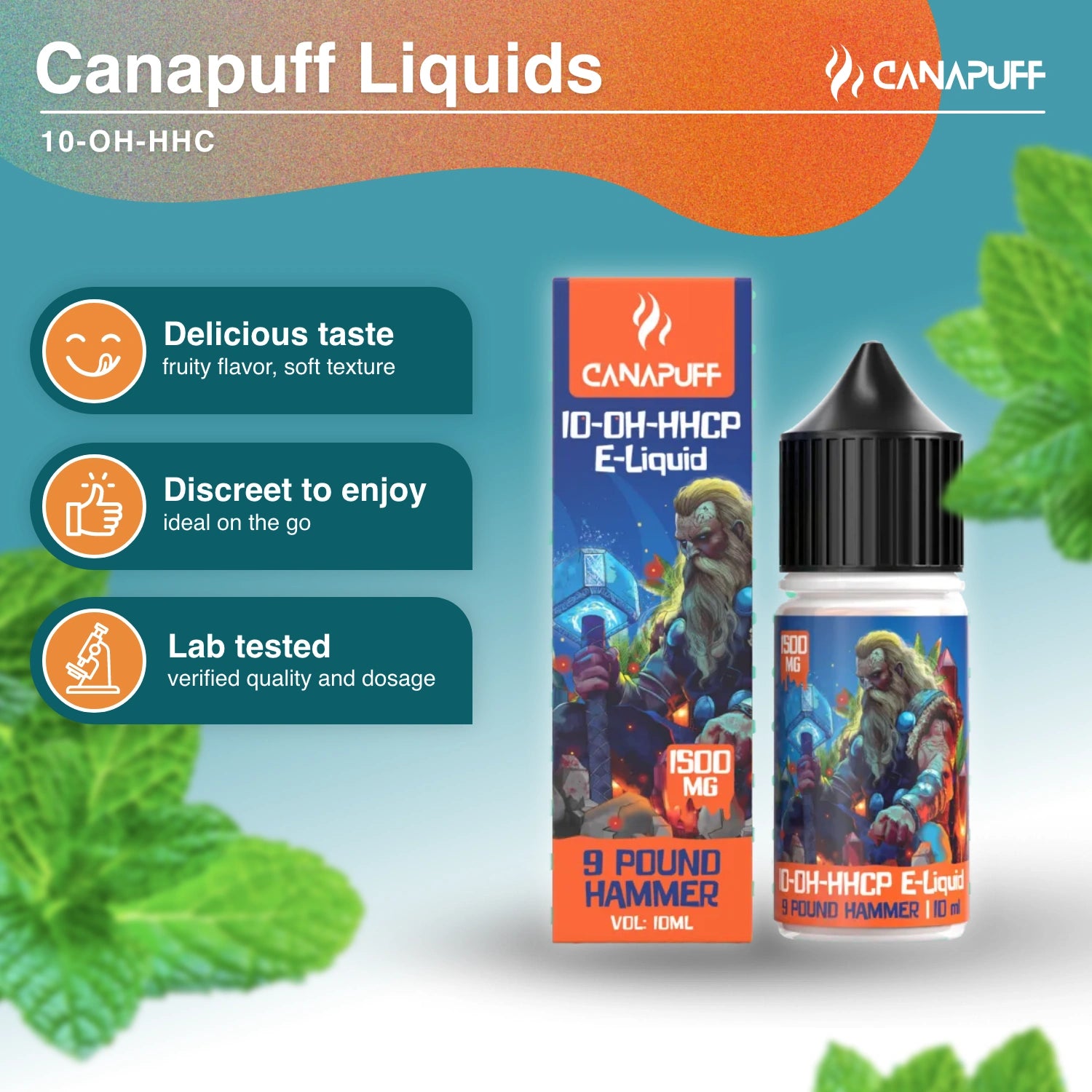
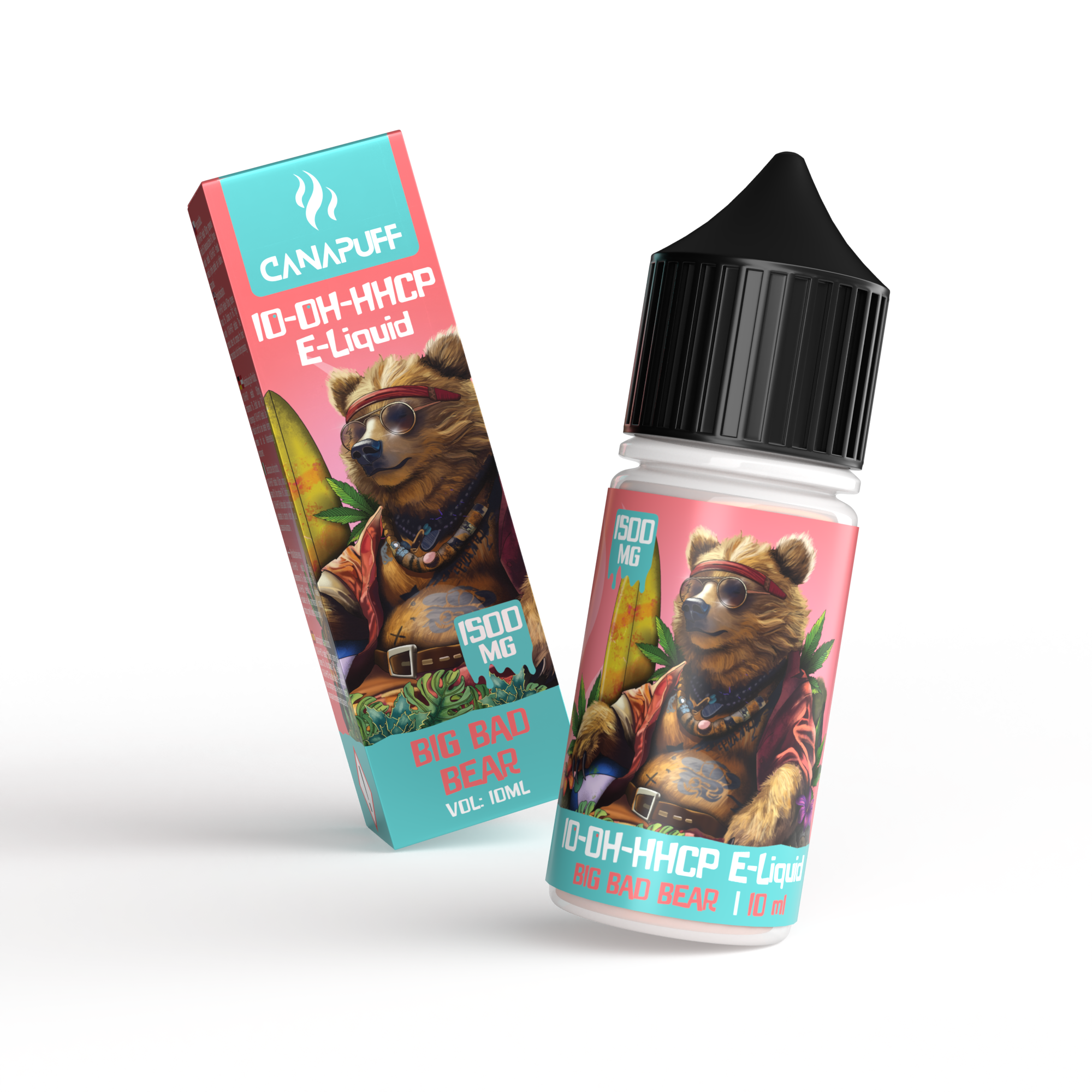
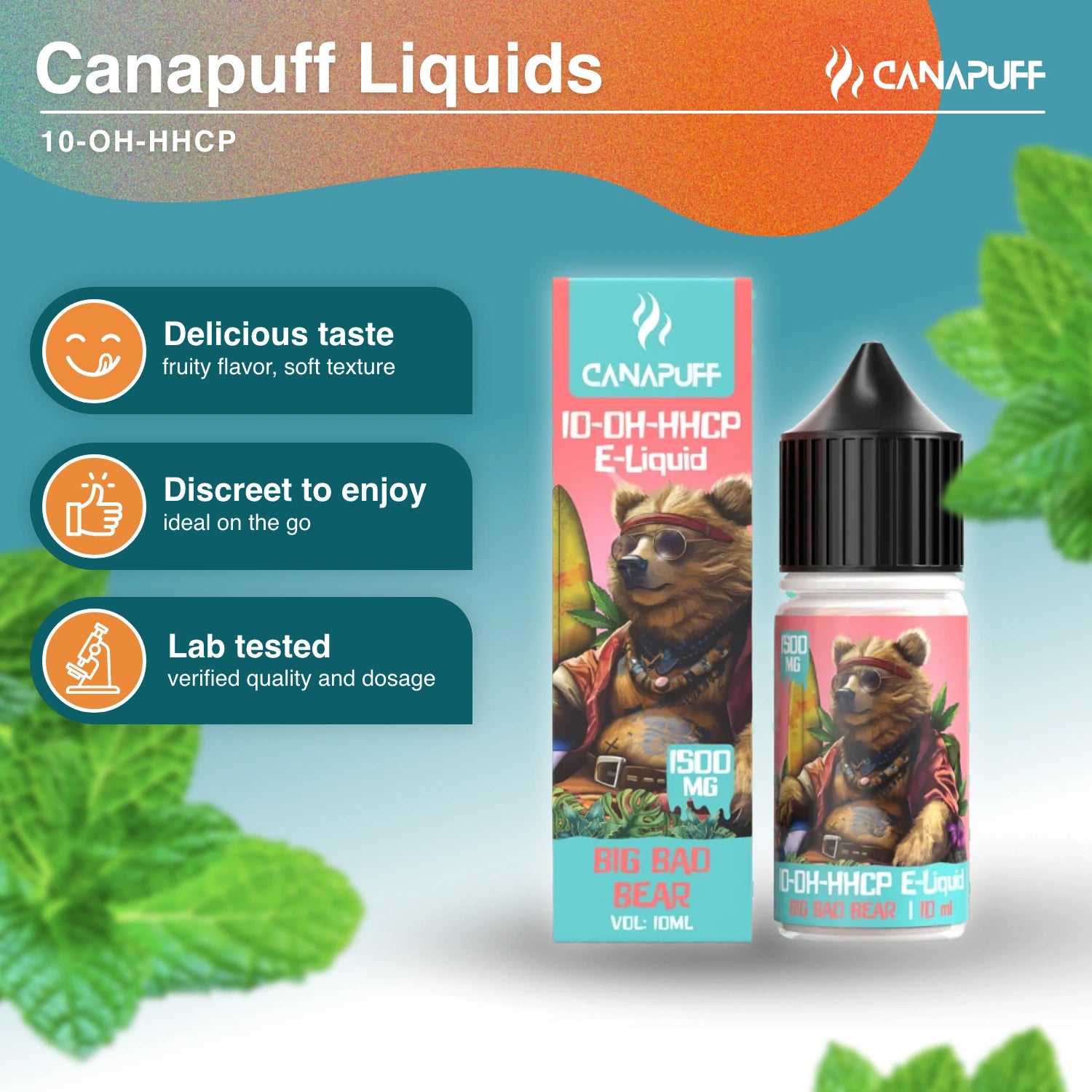
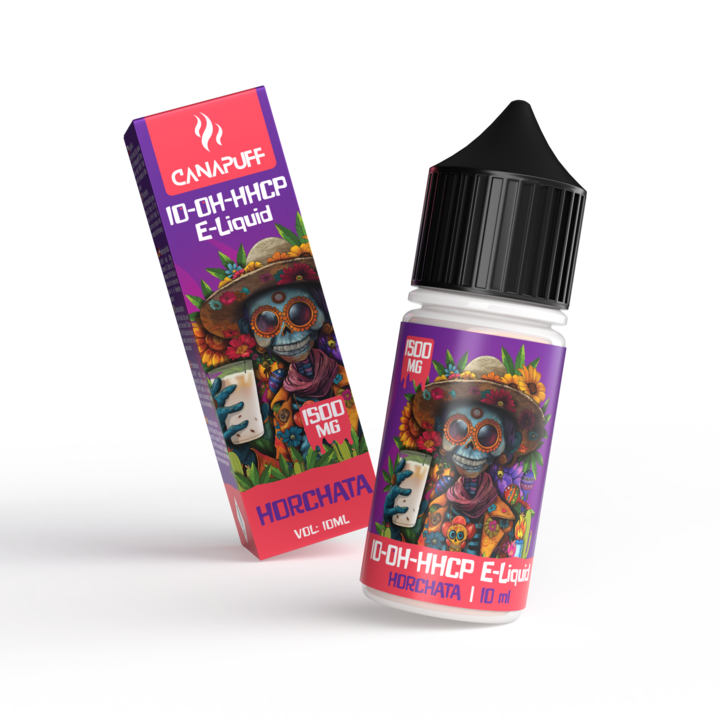
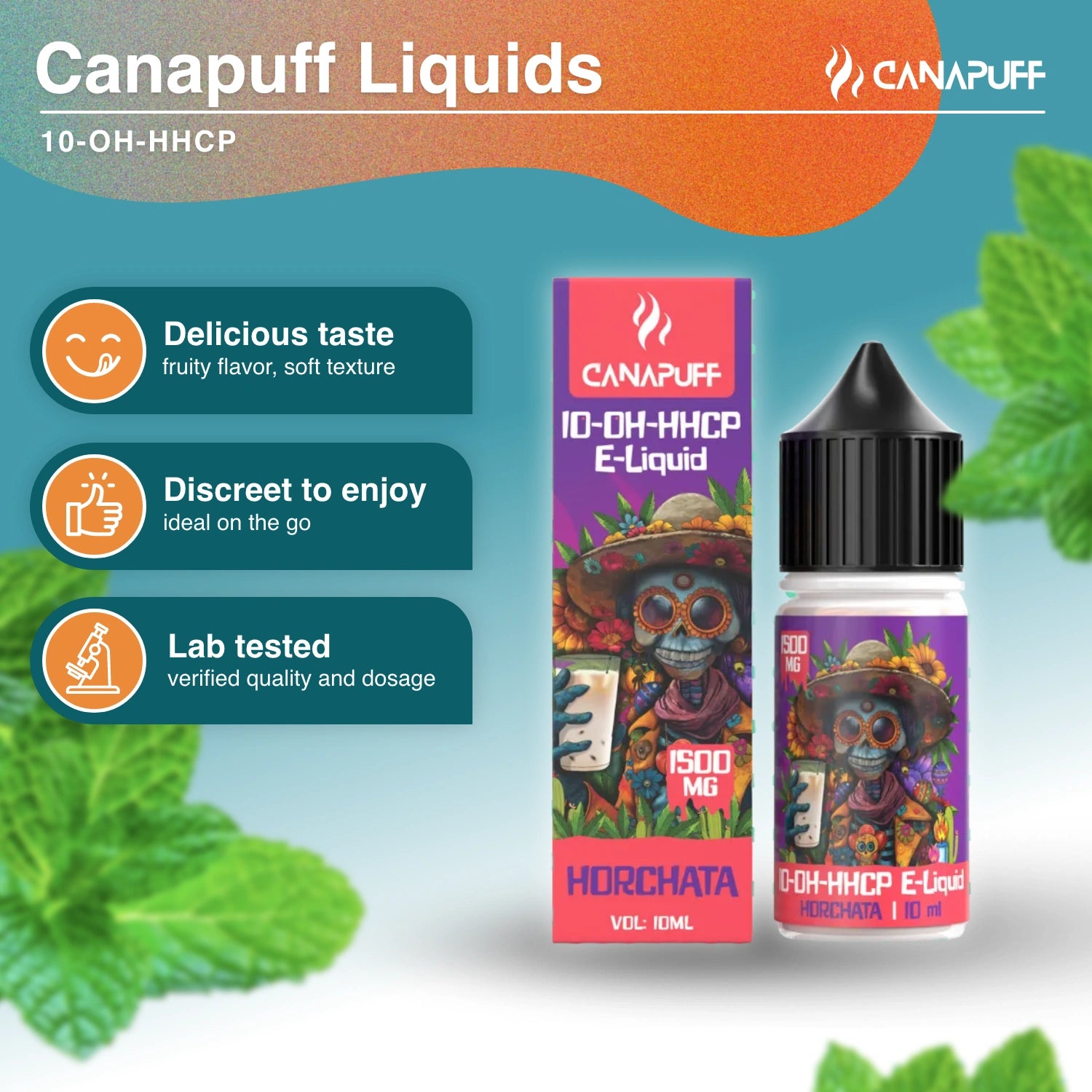
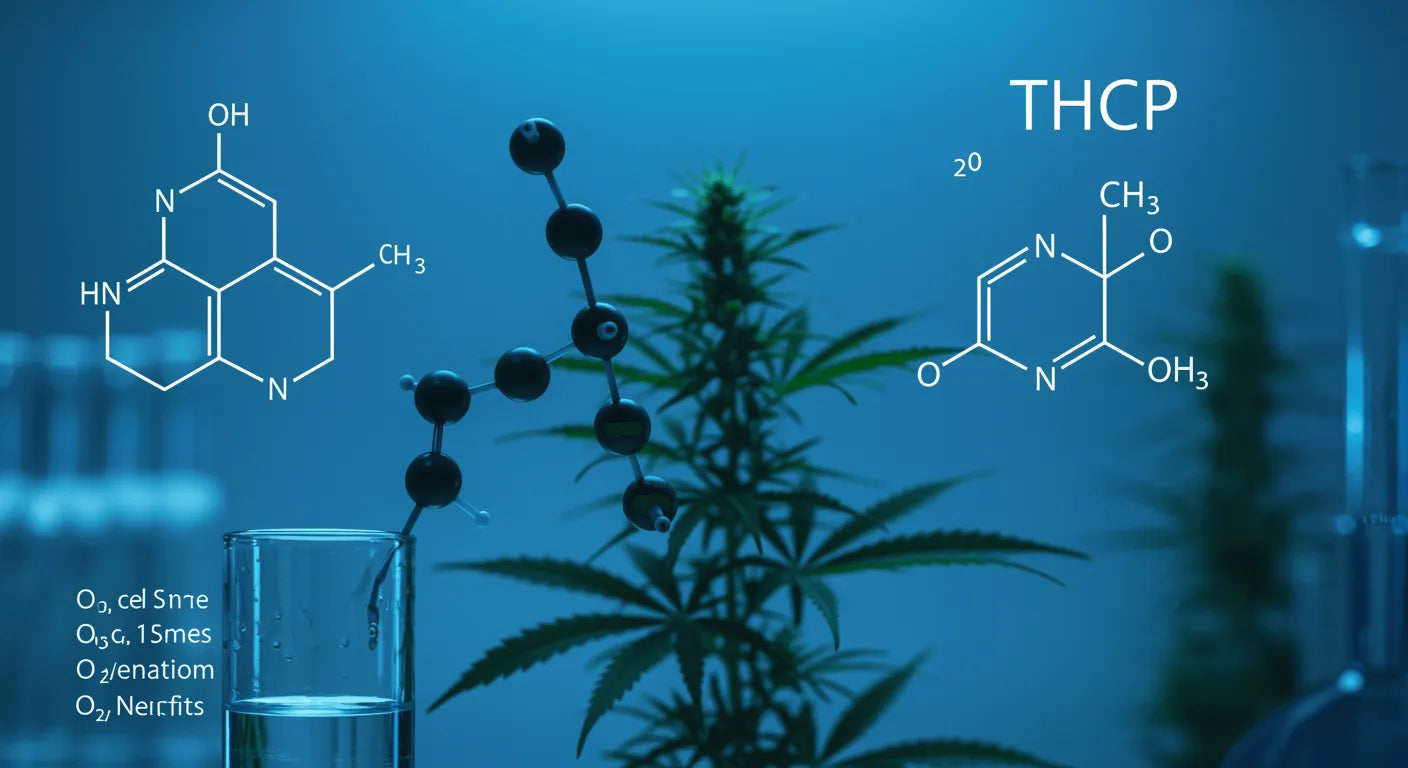
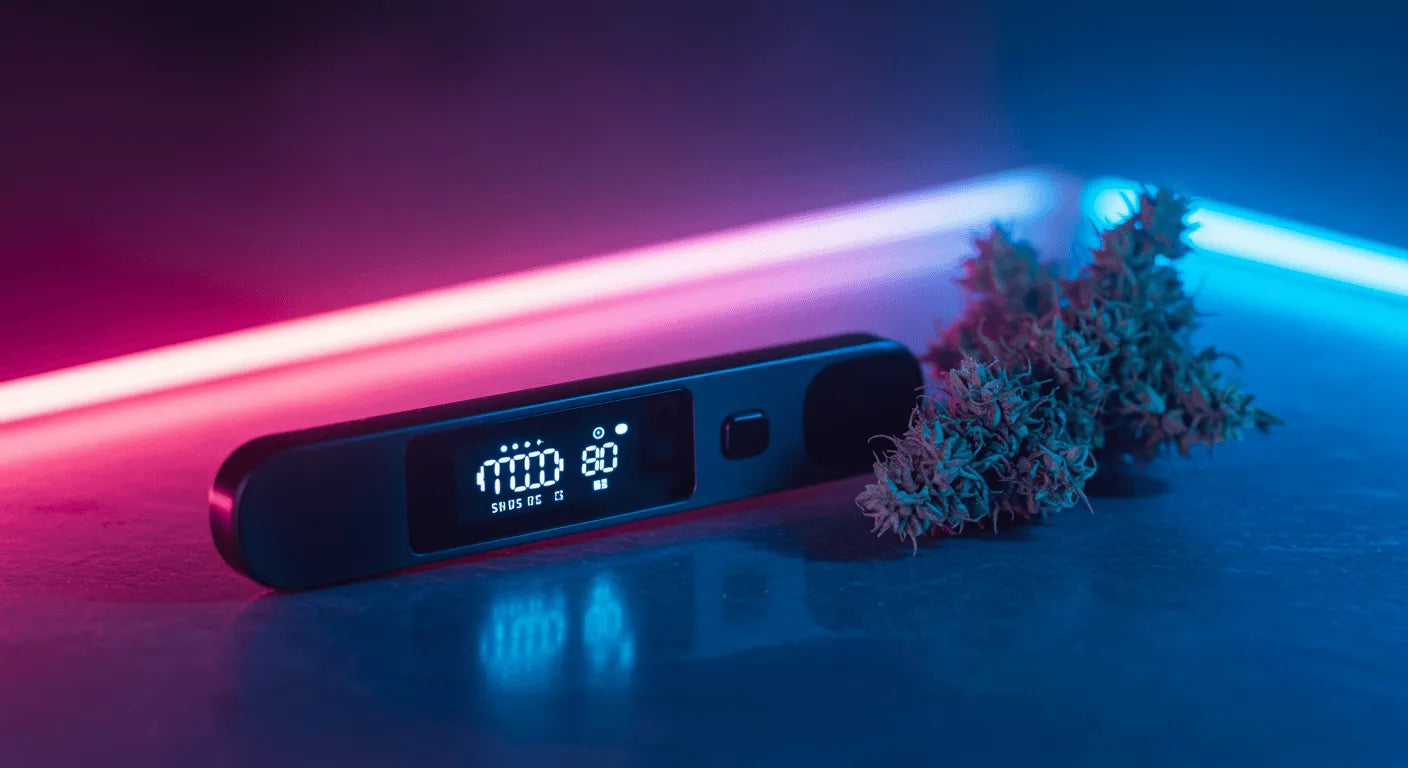
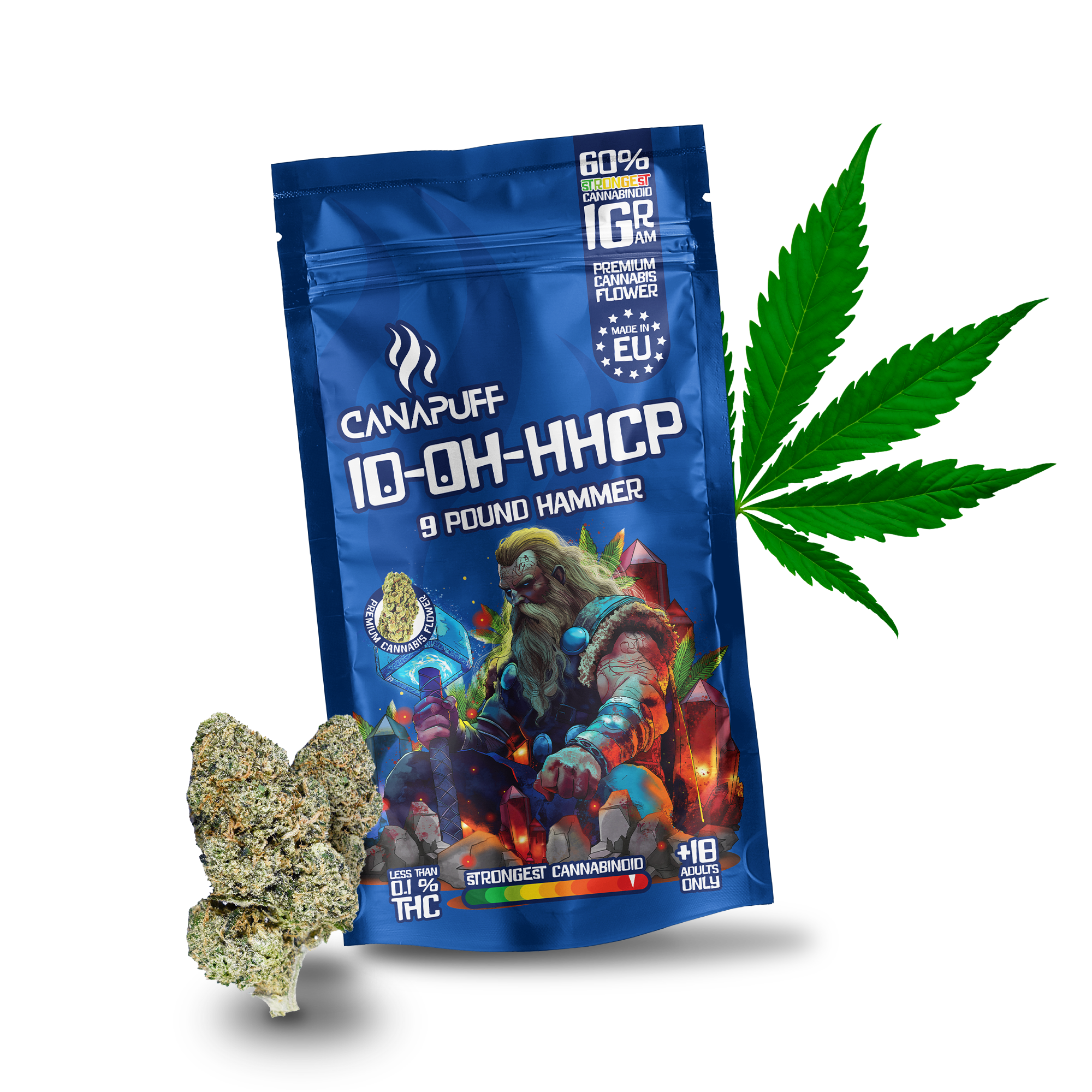
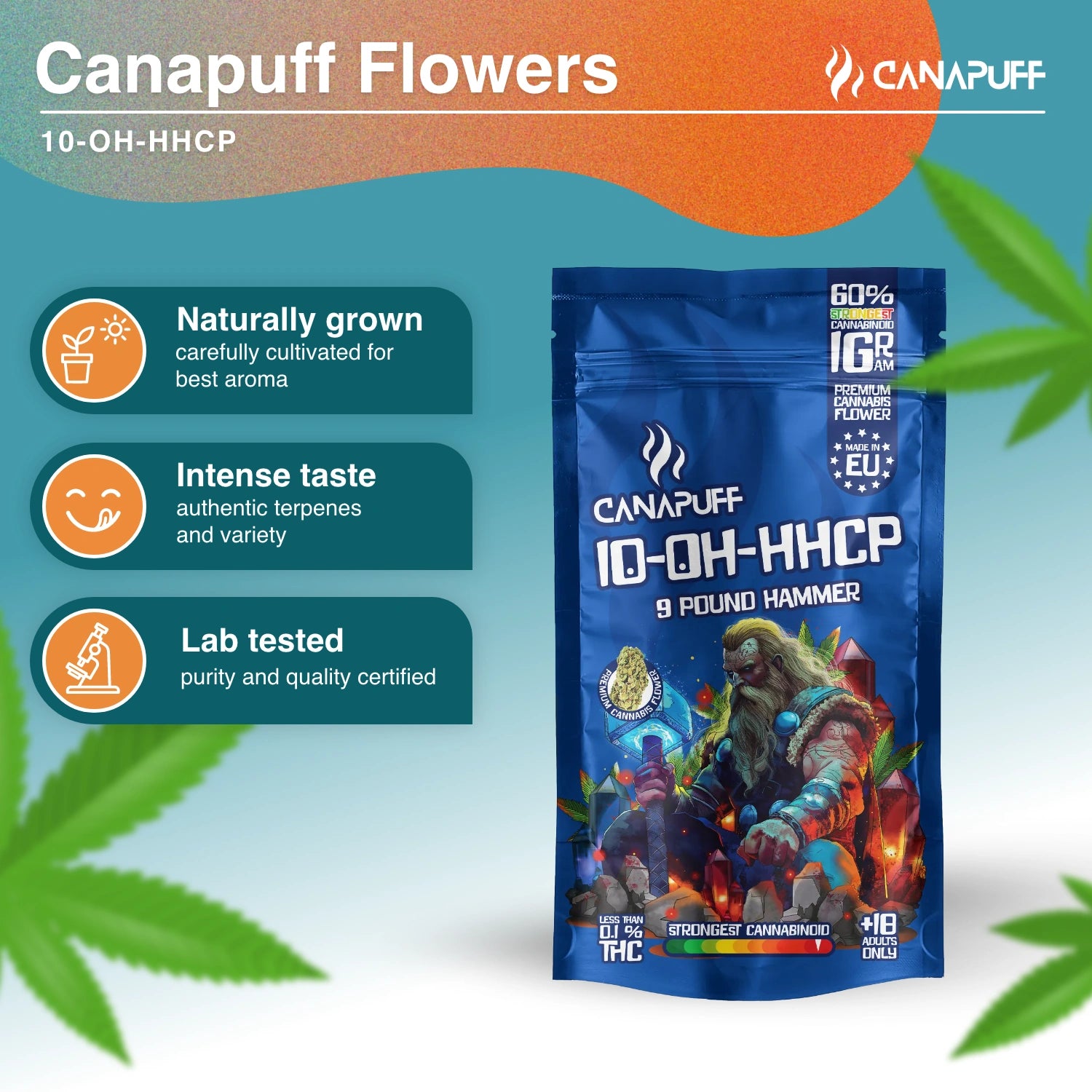
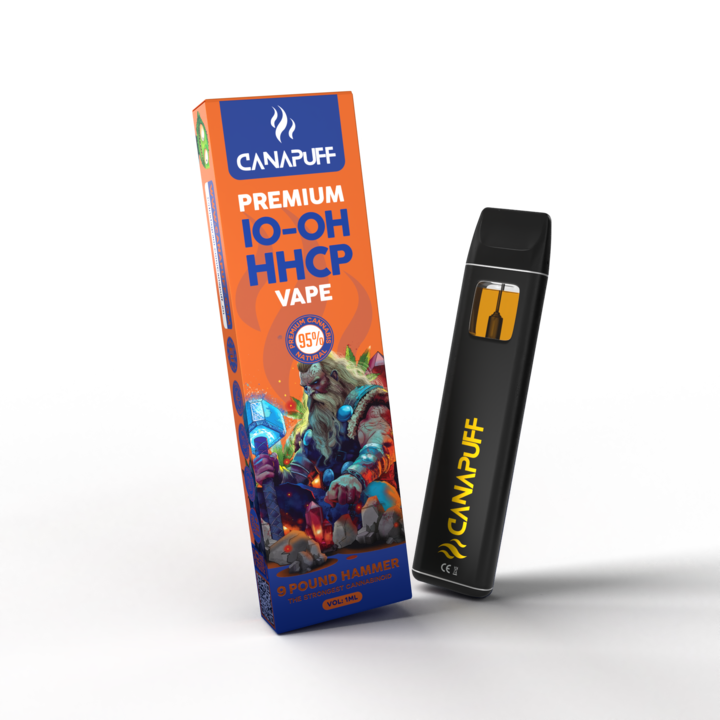
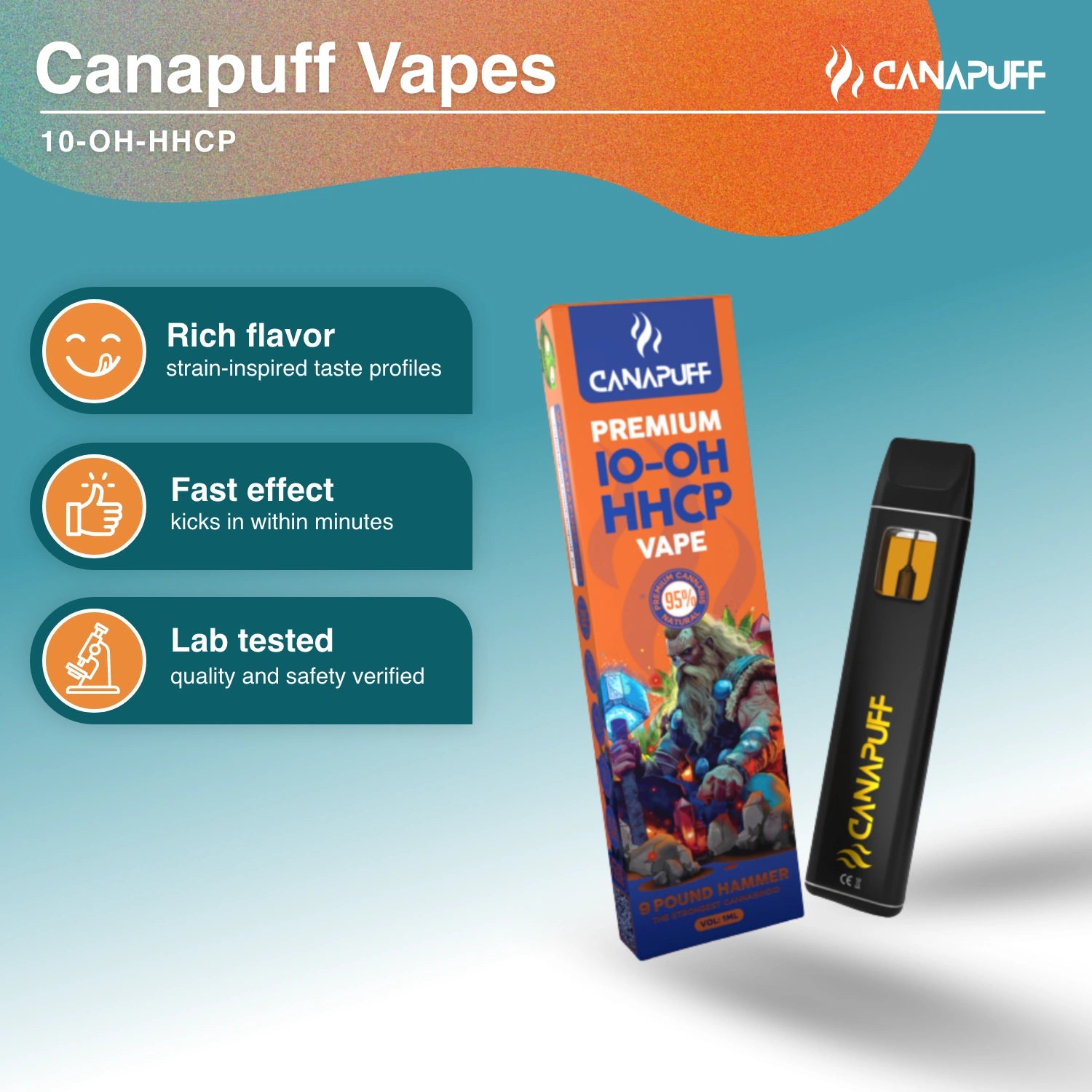
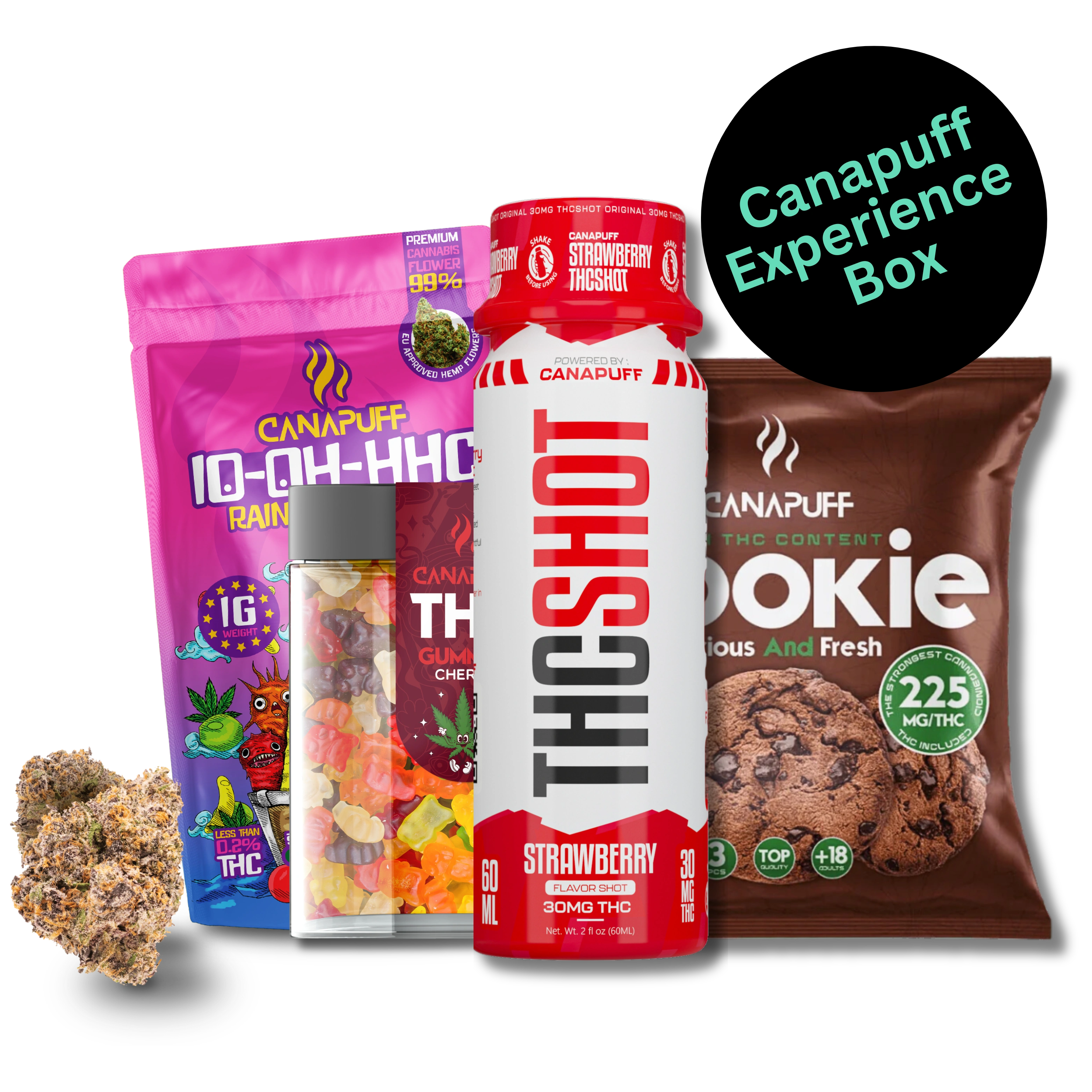

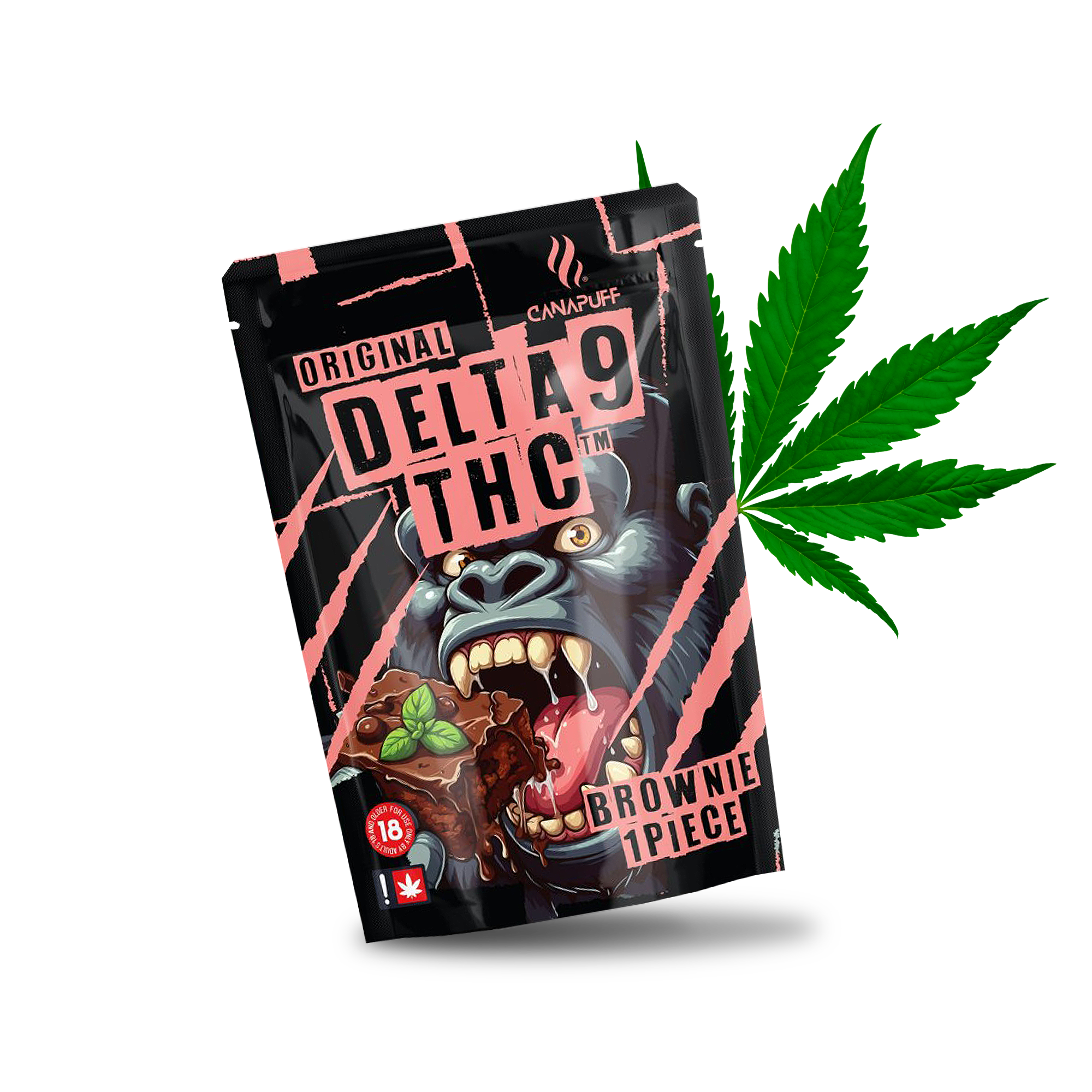


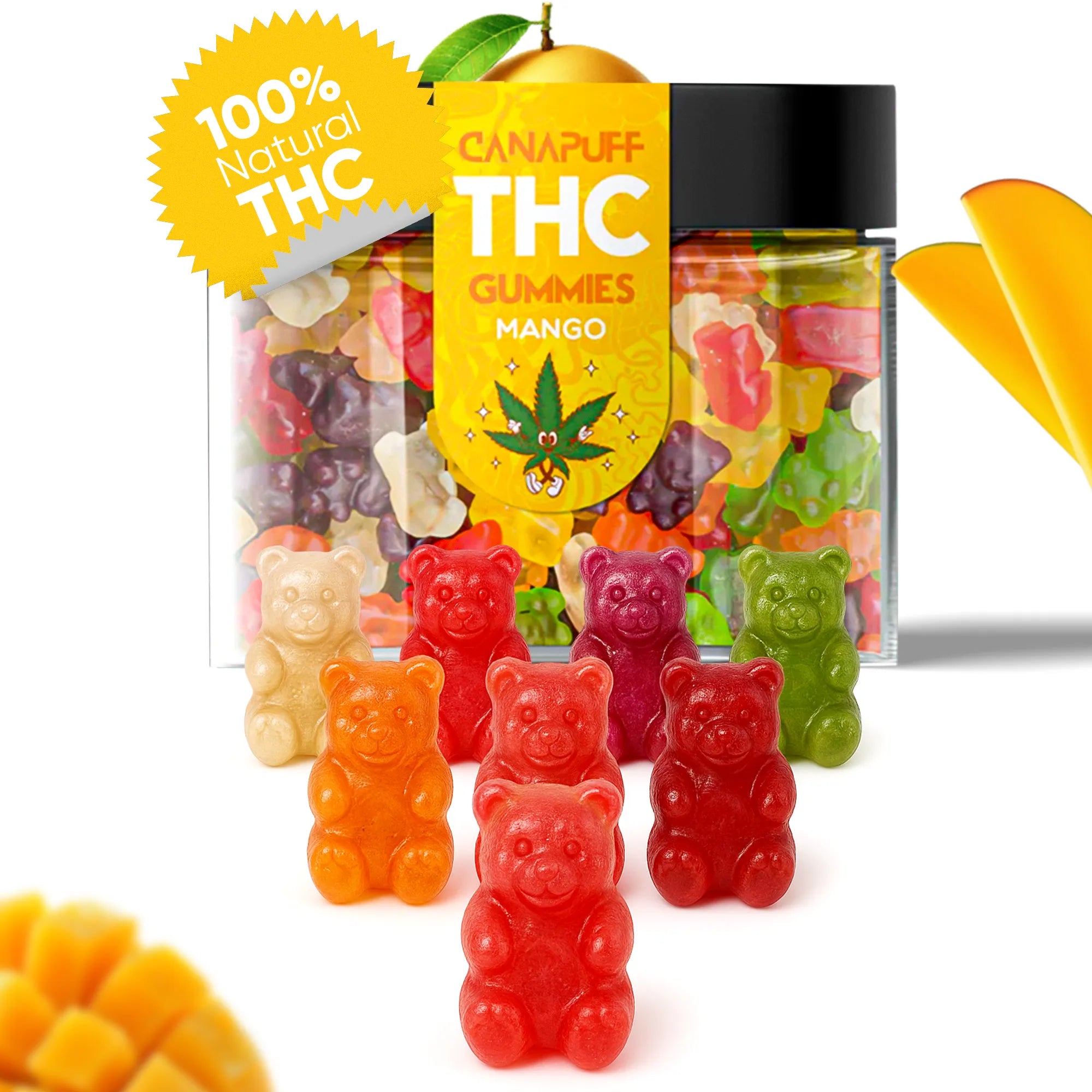




Leave a comment
This site is protected by hCaptcha and the hCaptcha Privacy Policy and Terms of Service apply.